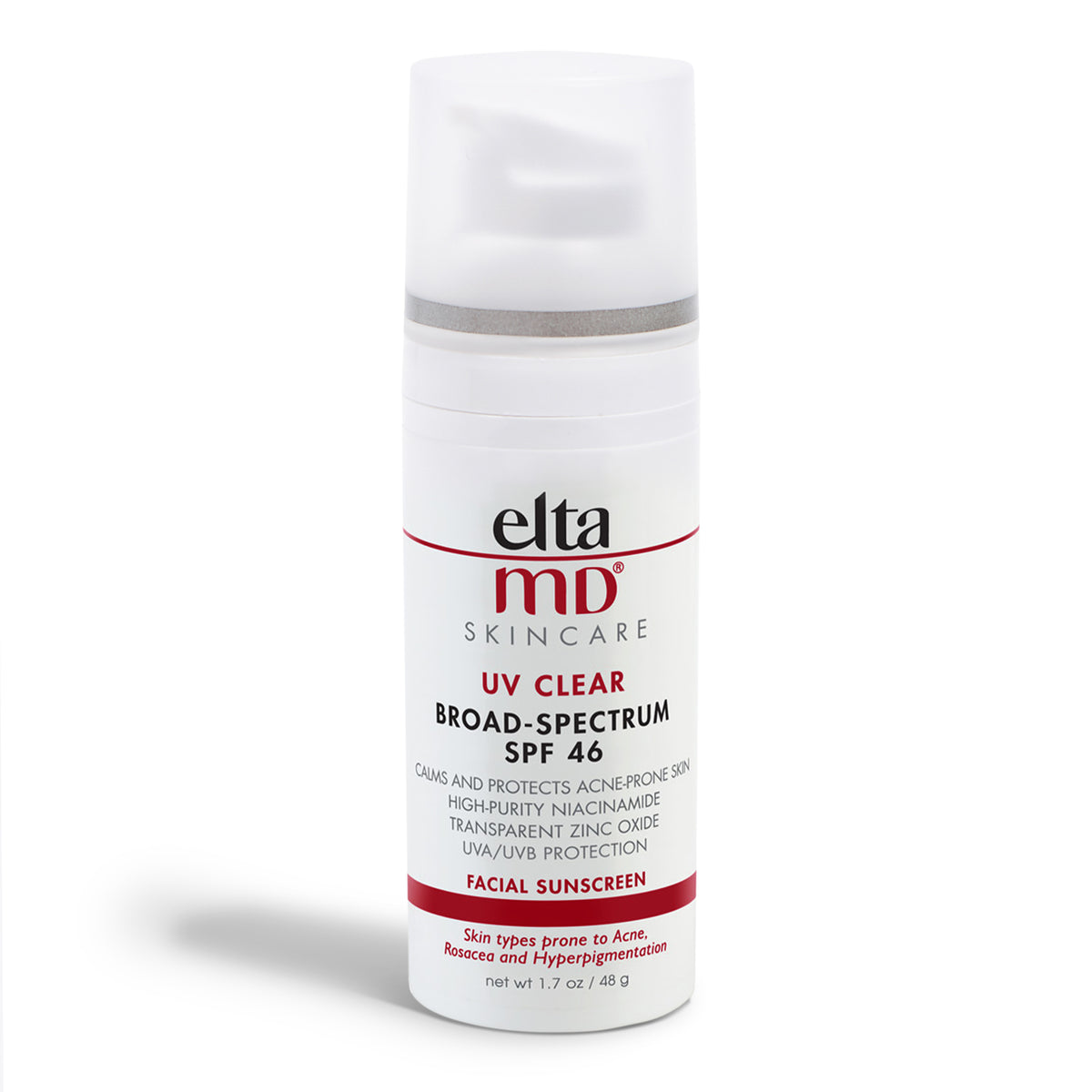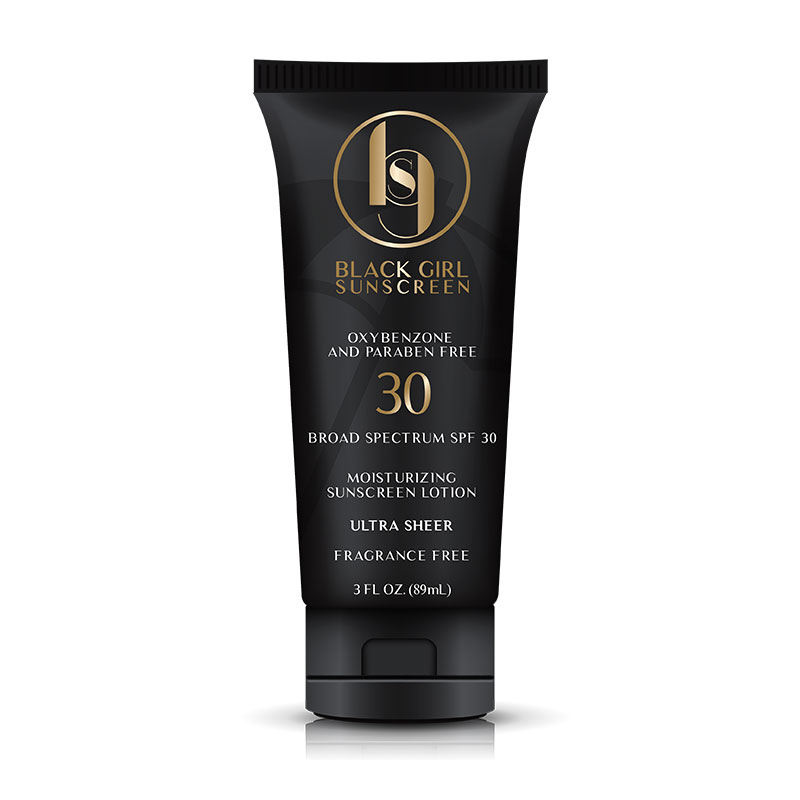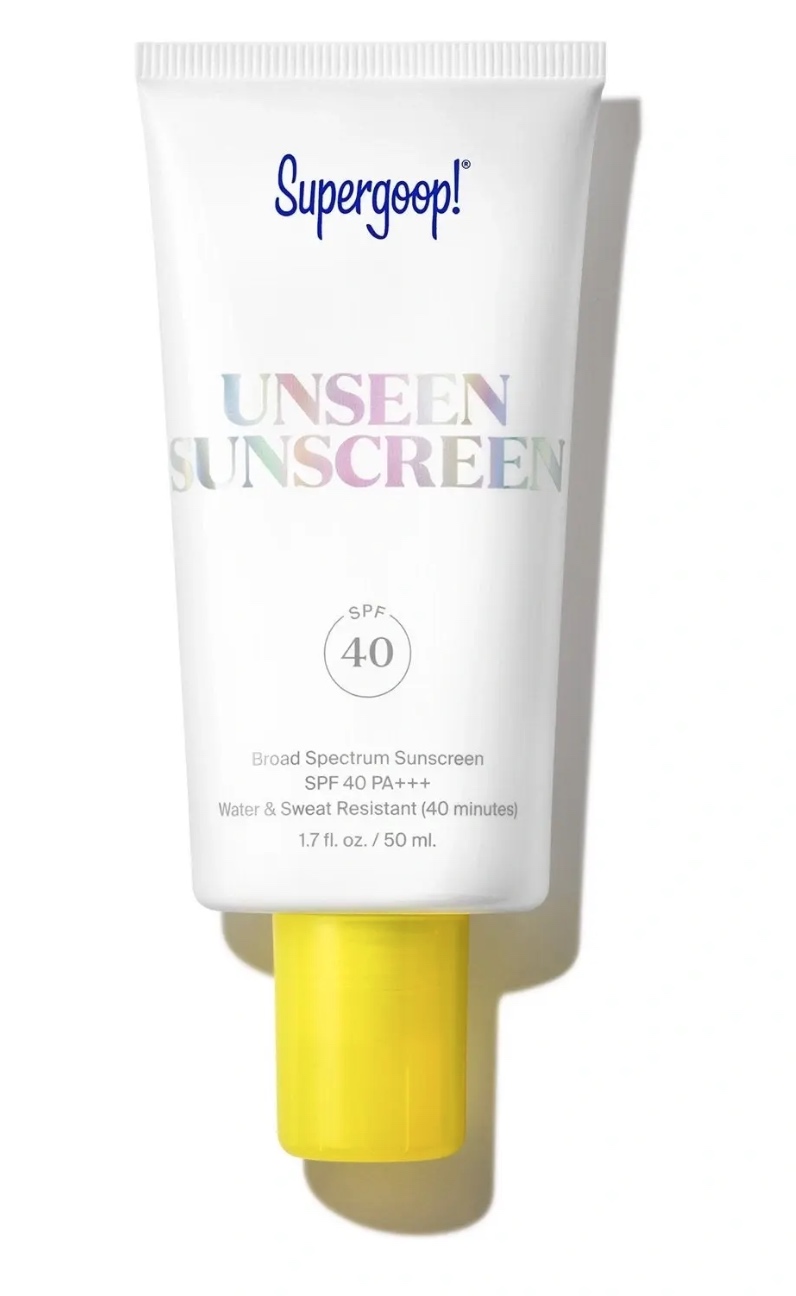For Heaven’s Sake, Please Do Not Attempt To DIY Sunscreen
Why would anyone feel compelled to DIY sunscreen? "We're not sure," says Gloria Lu, cosmetic chemist and co-founder of Chemist Confessions. "We're guessing it stems from wanting to use 'chemical-free' or 'all-natural' products, since a lot of sunscreen filters on the market are synthetic ingredients."
Forum Patel, MD, a dermatologist at Union Square Laser Dermatology, echoes this sentiment: "A lot of people think DIY sunscreens are purer and less harmful to their skin and the environment," she says. "But they don't work."
Homemade sunscreens typically rely on plant oils, like raspberry seed oil, or zinc or titanium dioxide for sun protection. "There are some oils such as raspberry seed that have been marketed as SPF boosters," says Lu. "These are supporting ingredients and significantly lack in providing true sun protection in real-life situations. Slightly more responsible DIY formulations will include something that blends titanium dioxide powder with coconut oil." But no matter what intel on the internet tells you, they won't keep you fully protected. Sunscreen is literally an over-the-counter drug, and that's not something you should be attempting to replicate at home.
{{post.sponsorText}}
"Plant oils aren't regulated as sun filters, and testing is questionable at best," says Victoria Fu, cosmetic chemist and other co-founder of Chemist Confessions. "DIY formulas using titanium dioxide don't factor in some of the most important qualities of a good sunscreen: even coverage and long-lasting film. Home formulas also cannot test for shelf life, so you can never be sure if your filters have settled over time."
Professionally-manufactured sunscreens have ingredients that help properly disperse, suspend, and spread sun filters in a robust formula with a certain shelf life. Each product is all rigorously tested in professional facilities.
"While most of the ingredients found in most DIY sunscreens are not harmful, and are often very moisturizing and soothing, they're not tested to determine their sun protection factor," says Dr. Patel. "Traditionally, sunscreens go through rigorous testing by the FDA to determine sun protection factor and resistance to water. DIY options aren't, and so even though conceptually they might sound good, they might not actually be protecting you," she says.
If there is any doubt at all still lingering, just remember that being properly protected from the sun is the most important thing. "Skin cancer is no joke—you need tried and true sunscreen formulas that have actually gone through regulated UVB and UVA testing to ensure you're getting proper protection that lasts for two hours," Fu adds. And, please: Keep the sunscreen out of your DIY beauty game.
Shop our favorite sunscreens

Dermatologists are constantly recommending this sunscreen, so we’ll allow one to sing its praises: “It fulfills all of the criteria I prefer in a sunscreen,” says Dr. Charisse Dolitsky from Schweiger Dermatology Group in NewYork. “It has broad-spectrum, mineral-based coverage with high SPF, it’s formulated with zinc, which offers the widest spectrum of protection against both UVA and UVB rays, it’s low in chemicals. Elta provides more physical, rather than chemical protection, which is safer, and well tolerated by those with sensitive skin and it doesn’t clog pores.” And P.S.? Hailey Bieber loves it too.

This sheer formula was designed to melt seamlessly into all skin tones, which means it won’t leave a chalky cast on deeper complexions. It pairs SPF with nourishing oils like jojoba, cacao, and avocado to leave your skin protected and moisturized.

There’s a reason why Supergoop! Unseen Sunscreen is so beloved. It goes on invisibly and smells like nothing, so it truly lives up to its “unseen” name. Plus, it offers SPF 40, which is even more protection than the SPF 30 derms say you need every day.
Check out the video below to see how our beauty editor adds sunscreen to her daily routine.
Want even more beauty intel from our editors? Follow our Fineprint Instagram account) for must-know tips and tricks.
Loading More Posts...